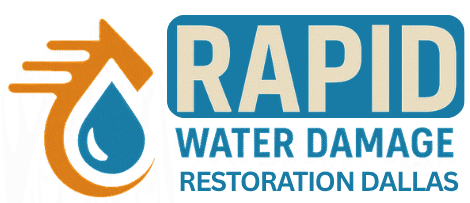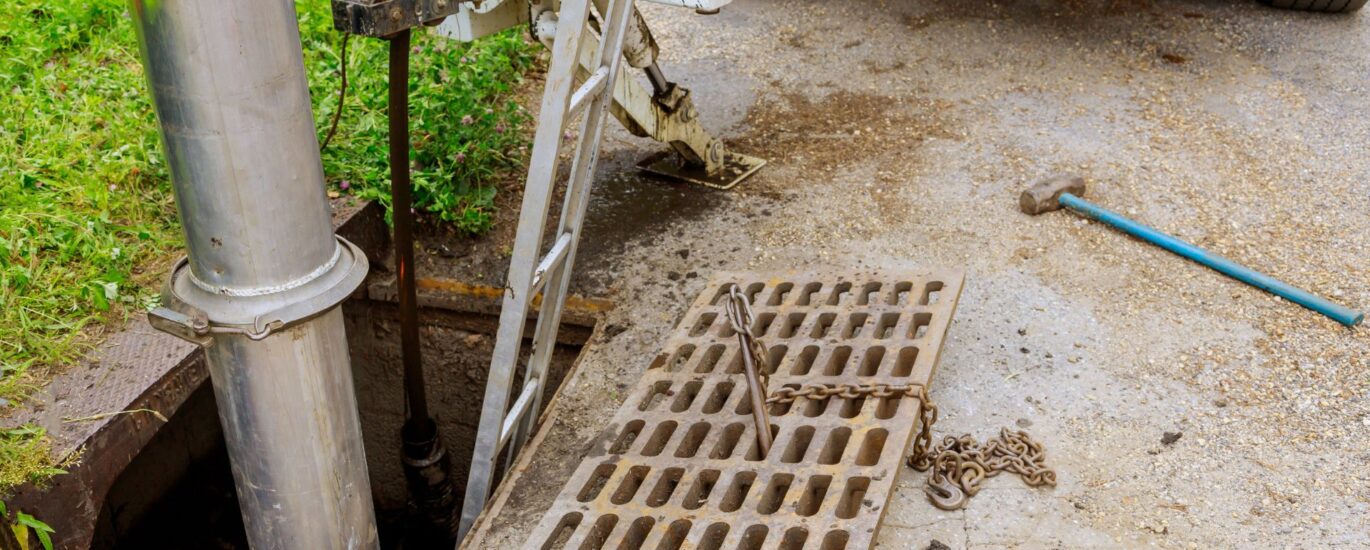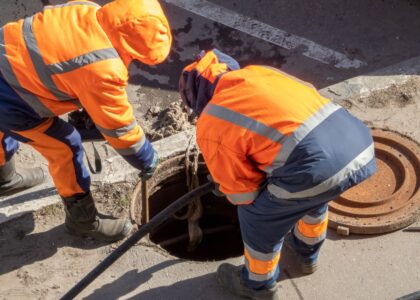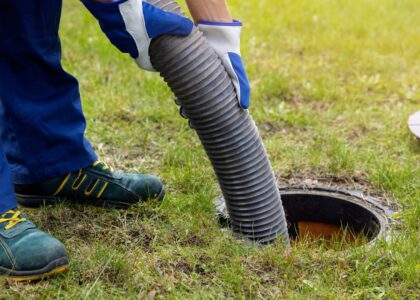Why Sewage Prevention Matters
Sewage backups are one of the most stressful home emergencies. Preventing them is far easier (and cheaper) than cleaning up afterward. With regular maintenance and smart practices, you can drastically reduce the chances of experiencing one.
Let’s explore proven ways to keep your plumbing system flowing smoothly and your property safe.
Understand What Causes Sewage Backups
Sewage backups typically occur due to:
- Clogged drains or pipes
- Tree root intrusion
- Collapsed or old sewer lines
- Heavy rainfall or stormwater flooding
Most of these issues develop gradually, so early detection is key. Learn more about professional sewage prevention on our Sewage Cleanup page.
Tips to Prevent Sewage Problems
Here’s what you can do to minimize your risk:
1. Be Careful What You Flush
Only flush toilet paper — no wipes, paper towels, or hygiene products. Even “flushable” wipes can cause buildup in your pipes.
2. Dispose of Grease Properly
Grease solidifies inside pipes, trapping debris. Pour leftover grease into a disposable container, not down the drain.
3. Schedule Routine Inspections
Annual plumbing inspections can identify potential blockages or damaged pipes early.
4. Install a Backwater Valve
This device prevents wastewater from flowing back into your home during heavy rainfall or municipal overload.
5. Keep Trees Away from Sewer Lines
Roots naturally seek moisture and can break through pipes. Plant trees a safe distance away from your main sewer line.
Signs of a Potential Sewage Backup
Early warning signs include:
- Gurgling toilets or drains
- Slow drainage in multiple fixtures
- Unpleasant odors from sinks or tubs
- Water pooling around floor drains
Addressing these symptoms quickly can prevent a major sewage event.
What to Do If a Sewage Backup Happens
Even with the best prevention, accidents can still occur. If you notice sewage backing up:
- Stop using all plumbing fixtures.
- Turn off electricity if water is spreading.
- Evacuate the area — avoid contact with contaminated water.
- Call a professional sewage cleanup service immediately.
Do not attempt to clean raw sewage yourself. It’s hazardous and requires specialized equipment.
Professional Help When You Need It Most
A professional sewage cleanup team can restore safety and order quickly. They handle every step, from extraction to disinfection and drying.
You can reach out anytime through our Contact Page for immediate assistance.
Final Thoughts
Preventing sewage backups starts with awareness and maintenance. A little effort now can save you from costly damage and health hazards later.
For expert insights on sewage prevention and cleanup, visit our Sewage Cleanup Service Page.



